- Home
-
Shop by application
-
Shop by brand
-
U-value
- Quick quote
-
Types of insulation
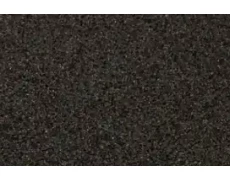 Cellular glassLargely manufactured from recycled glass (e.g. windscreens) and mineral base materials such as sand and without the use of binding agents. The ingredients are melted into molten glass, which is cooled and crushed into a fine powder. The powdered glass is poured into molds and heated (below the melting point) in a "sintering" process that causes the particles to adhere to one another. Next, a small amount of finely ground carbon-black is added and the material is heated in a "cellulation" process. Here, the carbon reacts with oxygen, creating carbon dioxide, which creates the insulating bubbles in the (material). CO2 accounts for more than 99% of the gas in the cellular spaces.
Cellular glassLargely manufactured from recycled glass (e.g. windscreens) and mineral base materials such as sand and without the use of binding agents. The ingredients are melted into molten glass, which is cooled and crushed into a fine powder. The powdered glass is poured into molds and heated (below the melting point) in a "sintering" process that causes the particles to adhere to one another. Next, a small amount of finely ground carbon-black is added and the material is heated in a "cellulation" process. Here, the carbon reacts with oxygen, creating carbon dioxide, which creates the insulating bubbles in the (material). CO2 accounts for more than 99% of the gas in the cellular spaces.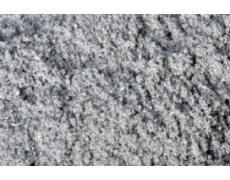 CelluloseCellulose insulation is a material made from recycled newspaper. The paper is shredded and inorganic salts, such as boric acid, are added for resistance to fire, mould, insects and vermin. The insulation is installed either blown or damp-sprayed depending on application.
CelluloseCellulose insulation is a material made from recycled newspaper. The paper is shredded and inorganic salts, such as boric acid, are added for resistance to fire, mould, insects and vermin. The insulation is installed either blown or damp-sprayed depending on application.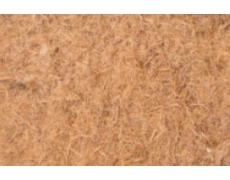 Wood fibreThe success of wood fibre insulation derives from an attractive environmental profile combined with a whole bag of functions including rigid insulation, sheathing and sarking for timber frames, roofs and flooring as well as flexible insulation for studs and rafters. Wood of course is renewable, it sequesters carbon during its growth and product production is relatively free from pollution. The insulation value of wood fibre boards is not as dimensionally efficient as some of the orthodox petro-chemical materials - but it's no slouch either - typically coming in with a 'k value' range of between 0.038-0.043 W/mK depending on format.
Wood fibreThe success of wood fibre insulation derives from an attractive environmental profile combined with a whole bag of functions including rigid insulation, sheathing and sarking for timber frames, roofs and flooring as well as flexible insulation for studs and rafters. Wood of course is renewable, it sequesters carbon during its growth and product production is relatively free from pollution. The insulation value of wood fibre boards is not as dimensionally efficient as some of the orthodox petro-chemical materials - but it's no slouch either - typically coming in with a 'k value' range of between 0.038-0.043 W/mK depending on format.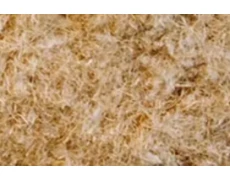 HempHemp fibres are produced from hemp straw of the hemp plant. Most hemp is imported, but an increasing amount of home-grown crop is becoming available. Hemp grows up to a height of nearly 4 metres within a period of 100-120 days. Because the plants shade the soil, no chemical protection or toxic additives are required for hemp cultivation. The product is composed of, usually, 85% hemp fibre with the ballance made up of polyester binding and 3-5% soda added for fire proofing.
HempHemp fibres are produced from hemp straw of the hemp plant. Most hemp is imported, but an increasing amount of home-grown crop is becoming available. Hemp grows up to a height of nearly 4 metres within a period of 100-120 days. Because the plants shade the soil, no chemical protection or toxic additives are required for hemp cultivation. The product is composed of, usually, 85% hemp fibre with the ballance made up of polyester binding and 3-5% soda added for fire proofing.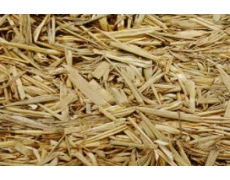 StrawStraw is an agricultural by-product, the dry stalks of cereal plants, after the grain and chaff have been removed. Straw makes up about half of the yield of cereal crops such asbarley, oats, rice, rye and wheat.
StrawStraw is an agricultural by-product, the dry stalks of cereal plants, after the grain and chaff have been removed. Straw makes up about half of the yield of cereal crops such asbarley, oats, rice, rye and wheat. - Blog
STS COMPANY OVERVIEW
Brand: STS®
Model: STS Cember 38mm
38mm STS Cember Render Board Screw (box of 250) is an external render board screw designed specifically for use with render carrier boards and fibre cement sheet materials.
Render Board Screw features an anti-corrosion coating to create a strong, weatherproof, rustproof hold, suitable for impact ..
£ 20.90
Ex VAT:£ 17.42
Estimated delivery: 2-3 working days
Brand: STS®
Model: 6mm STS Board
6mm STS Render Carrier Board Class A1 is a highly-durable construction render board suitable for use on metal and timber structures, an ideal board for use with thin-coat silicone render.
STS Render Board 6mm x 1200mm x 2400mm is composed of heavy-duty fibres which create a high-strength and impa..
£ 57.38
Ex VAT:£ 47.82
Estimated delivery: 3-5 working days
Brand: STS®
Model: 9mm STS Board
9mm STS Render Carrier Board Class A1 is a strong and durable construction render board suitable for use on metal and timber structures, an ideal board for use with thin-coat silicone render.
STS Render Board 9mm x 1200mm x 2400mm is composed of heavy-duty fibres which create a high-strength and ..
£ 68.68
Ex VAT:£ 57.23
Estimated delivery: 3-5 working days
Brand: STS®
Model: 12mm STS Board
STS Render Carrier Construction Board 12mm Fire Rated Class A1 is an external construction render board suitable for use on metal and timber structures, an ideal render-board for use with silicone based thin-coat renders.
12mm Render Board 2400mm x 1200mm is composed of heavy-duty fibres which cr..
£ 86.16
Ex VAT:£ 71.80
Estimated delivery: 3-5 working days
Showing 1 to 4 of 4 (1 Pages)











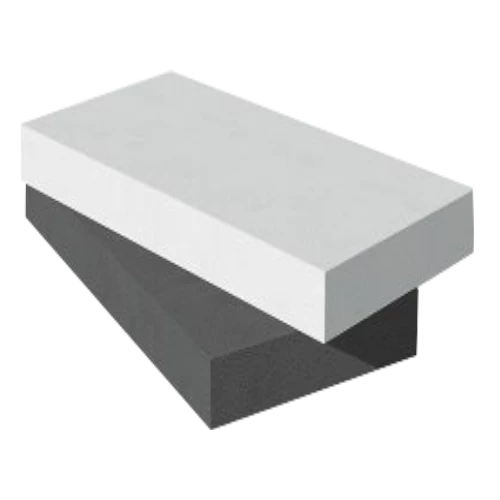

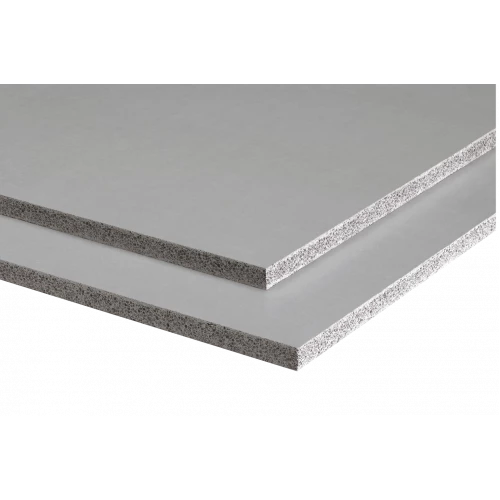











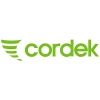

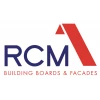
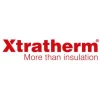
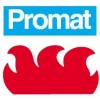
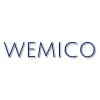
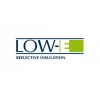

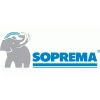
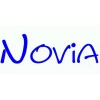
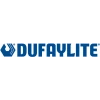
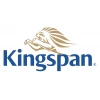
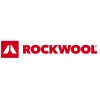
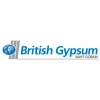
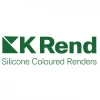
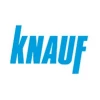
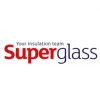
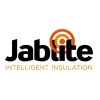



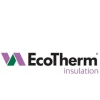
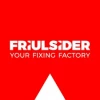
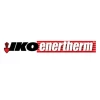
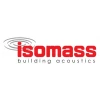
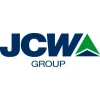



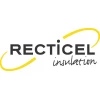

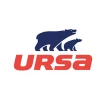
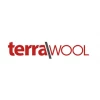
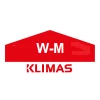


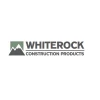

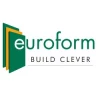
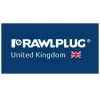

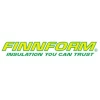
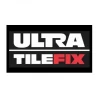
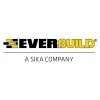

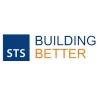
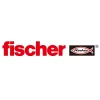
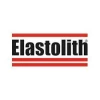


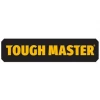
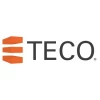

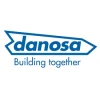
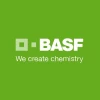

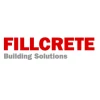


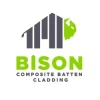
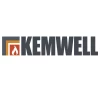


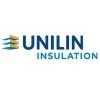
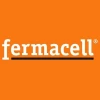
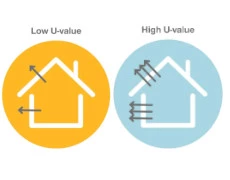
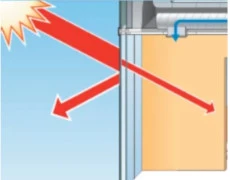
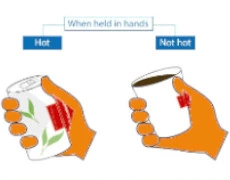
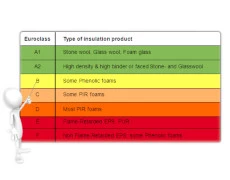
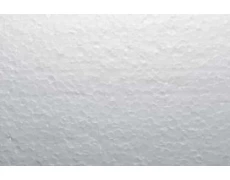
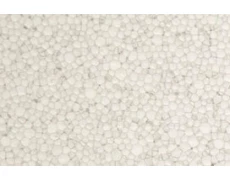
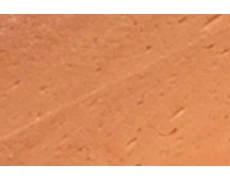
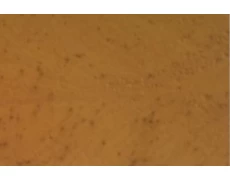
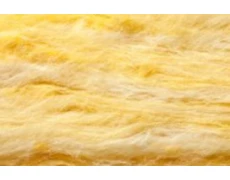
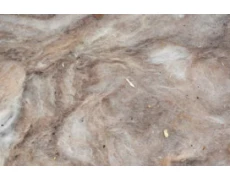
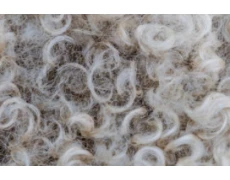
 STS fibre cement construction boards can be used in a wide range of applications both internally and externally, covering 4 key areas including fire protection, sound reduction, moisture resistance and render application.
STS fibre cement construction boards can be used in a wide range of applications both internally and externally, covering 4 key areas including fire protection, sound reduction, moisture resistance and render application. NoMorePly is a range of high performance fibre cement tile backer boards. Made from a mix of Portland cement, sand, organic cellulose fibres and water, fibre cement is a modern material that’s engineered using an environmentally friendly process. In fact, NoMorePly is used to create the perfect foundation on which to tile floors and walls. It is ideal for bathrooms, kitchens and wet rooms. This industry-leading, fibre cement tile backing system is not only the fastest installation system on the market but also comes with a lifetime guarantee. Boards are 1200mm x 600mm which is 0.72m². With tongue and groove to four sides, boards slot together easily. Plus, since board edges don’t have to fall onto a joist, there’s less cut to waste. As one of the most recognised tile backing solutions, you can install this system with absolute confidence, knowing that it is not only backed by a guarantee but comes with many key features including:
NoMorePly is a range of high performance fibre cement tile backer boards. Made from a mix of Portland cement, sand, organic cellulose fibres and water, fibre cement is a modern material that’s engineered using an environmentally friendly process. In fact, NoMorePly is used to create the perfect foundation on which to tile floors and walls. It is ideal for bathrooms, kitchens and wet rooms. This industry-leading, fibre cement tile backing system is not only the fastest installation system on the market but also comes with a lifetime guarantee. Boards are 1200mm x 600mm which is 0.72m². With tongue and groove to four sides, boards slot together easily. Plus, since board edges don’t have to fall onto a joist, there’s less cut to waste. As one of the most recognised tile backing solutions, you can install this system with absolute confidence, knowing that it is not only backed by a guarantee but comes with many key features including: The CEMBER External Render board screw is a high-performance screw designed specifically for use with 12mm STS Construction Board. When installing our Render boards it is important to ensure the screws used are flush, strong and suitable for high levels of moisture and weathering. The Ruspert® coating on the screws is a perfect barrier for all corrosion, rust and weathering. These screws are 38mm long and come in a handy plastic box of 250 screws.
The CEMBER External Render board screw is a high-performance screw designed specifically for use with 12mm STS Construction Board. When installing our Render boards it is important to ensure the screws used are flush, strong and suitable for high levels of moisture and weathering. The Ruspert® coating on the screws is a perfect barrier for all corrosion, rust and weathering. These screws are 38mm long and come in a handy plastic box of 250 screws.




